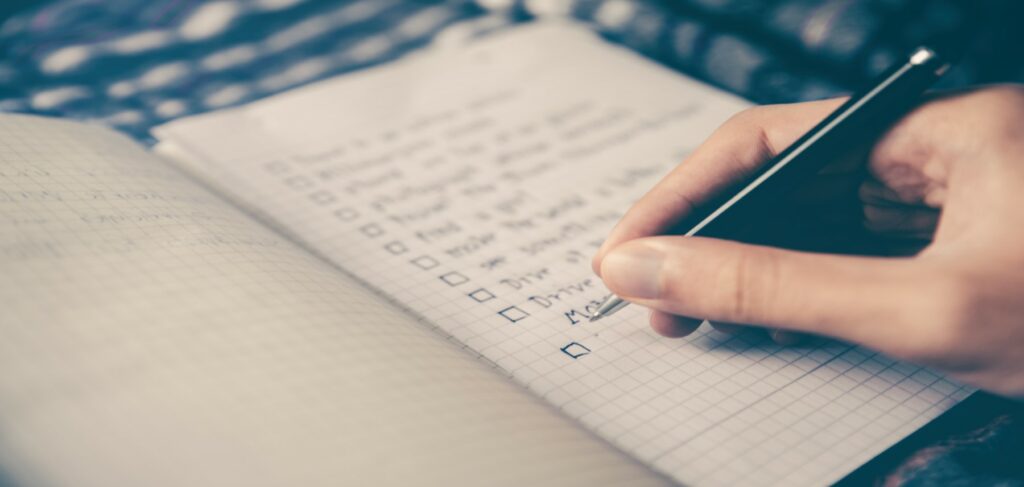While I have covered many survival basics, I have not yet touched on one of the most important subjects related to survival. I have found that staying organized can make life much easier in almost any situation. Disaster planning is no exception, and there are some basic steps that can help you organize disaster planning. The mental battle can be the biggest part, and there is rarely time to prepare once an emergency presents itself. If calamity strikes, having a well-organized emergency preparedness strategy and supplies could literally save your life. Here is an intro to some of my recommendations to assist you in organizing your emergency preparedness.

Write Out Your Disaster Plan
First and foremost, you must organize your thoughts. Writing down your emergency plan is the easiest way to do this. It will not only assist you in thinking it through, but it will also assist you in nailing down the details and ensuring that everyone involved is on the same page. I love Post-It notes for many things in life, but for this, I recommend a journal or starting with a spreadsheet on your computer that you can print out.
Don’t forget to include different scenarios in your plans for emergencies. Make a plan for every situation you can think of: power outages, nearby industrial accidents, fires, floods, tornadoes, and whatever else comes to mind. Be sure to consider anything that is more likely to happen because of the climate in your area such as snowstorms, flooding, or tornadoes. Alter your planning to fit your environment.
Lists for Everything
Never underestimate the usefulness of a detailed list! During your planning process, keep track of what you have done and what still needs to be done. Track what gear you still need to purchase, and log where everything is located. Some very important considerations include:
- Detailed Inventory: Keep track of your emergency food and water rations, first aid kit, and other supplies with a running inventory list. Add expiration dates to the list and update it as objects are used, removed, or replaced.
- Emergency information: Keep a record of your medical history, prescriptions, emergency contacts, and any other pertinent information. Lists like this will not only help you stay organized in the hectic aftermath of a large catastrophe, but they will also assist emergency personnel if you are unable to communicate.
While you may be questioning the elementary nature of these basic thoughts, I cannot stress enough how important planning is! The failure to organize your disaster planning can undermine your safety and render other efforts pointless. Remember, when shopping for survival gear and everything you need, never pay full price when you can save with tactical gear cashback and deals!

[…] your written plan for disaster preparedness, you are ready to take the next steps to be organized and prepared for […]